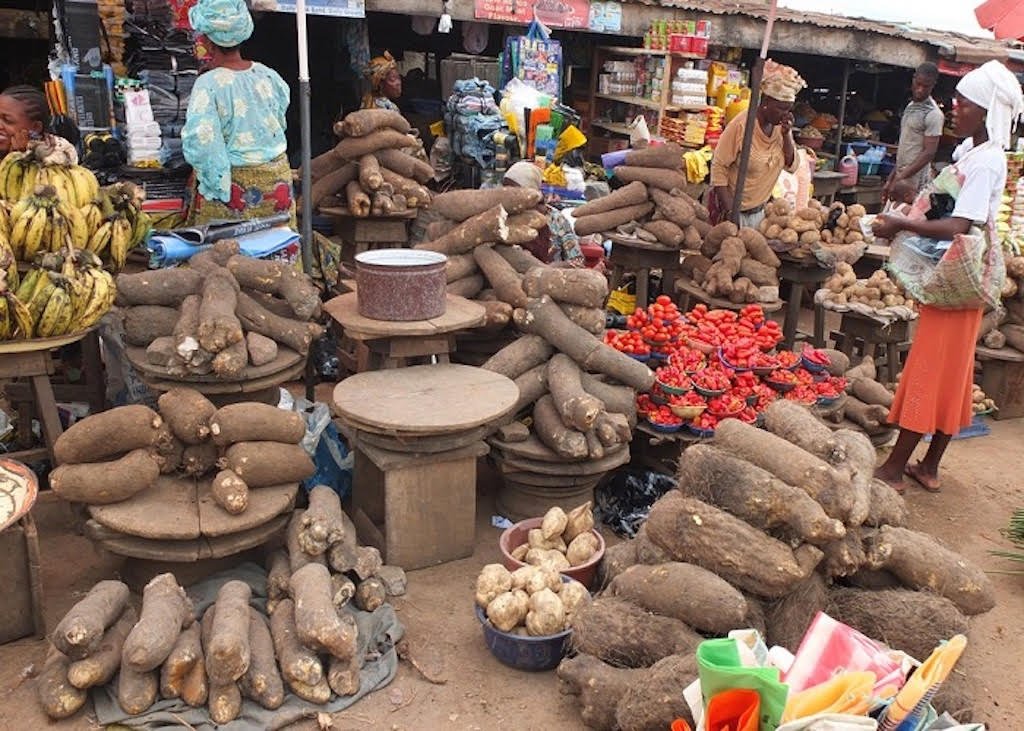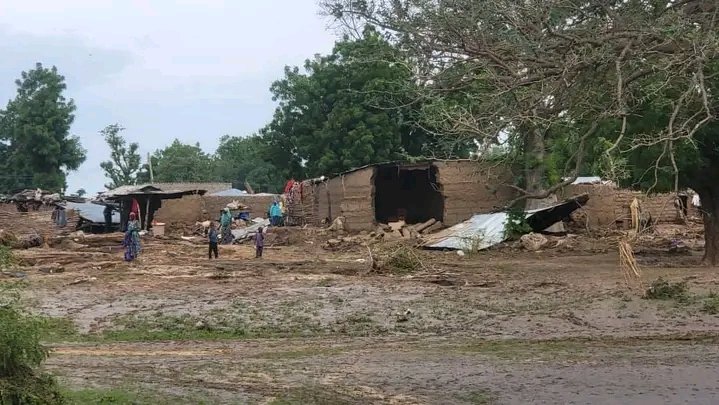Nigeria is grappling with an escalating food crisis as more than 100 million citizens are now food-insecure, according to a new report by SBM Intelligence. The report, released Tuesday, highlights a 35.41% surge in food prices as of January 2024 and paints a grim picture of widespread hunger across the country.
“Access to food has become a national emergency,” the report states, revealing that the number of food-insecure Nigerians rose sharply from 66.2 million in early 2023 to over 100 million by the first quarter of 2024.
SBM Intelligence, a socio-political and economic research firm, attributes the crisis to a combination of soaring inflation, climate change, and violent disruptions targeting agricultural communities — particularly in Nigeria’s Middle Belt region, often referred to as the country’s food basket.
“Agriculture is now a strategic vulnerability in Nigeria’s growing conflict landscape,” the report warns. “This strategy not only cripples local crop production but also fuels nationwide food inflation. It exacerbates widespread food insecurity and ultimately threatens the country’s economic stability.”
One of the report’s most alarming findings is that nearly half of Nigerians earning the minimum wage spend their entire income on food.
“About 50% of Nigerians earning the minimum wage spend all their earnings just to feed themselves,” the researchers noted, highlighting the severe erosion of household purchasing power.
Violent attacks have displaced thousands of farmers, the report adds, disrupting supply chains and further squeezing food availability. In Kano, a local nutritionist told SBM researchers that child malnutrition is becoming more widespread.
Climate change is compounding the crisis. Unpredictable rainfall and disrupted farming cycles are taking a toll on agricultural productivity.
“The combined impact of climate change and insecurity leads to heightened food insecurity, particularly among vulnerable populations,” the report noted.
SBM’s findings reflect a broader global trend. “The spread of conflict, alongside climate and economic stressors, is a primary driver pushing millions worldwide toward acute food insecurity,” the report states.
Reacting to the deepening cost-of-living crisis, President of the Nigeria Labour Congress (NLC), Joe Ajaero, criticized the proposed ₦70,000 minimum wage during the Trade Union Congress (TUC) delegates’ conference in Abuja.
“Even with the new wage, workers are still struggling,” Ajaero said. “The cost of food and other essentials has gone through the roof.”



